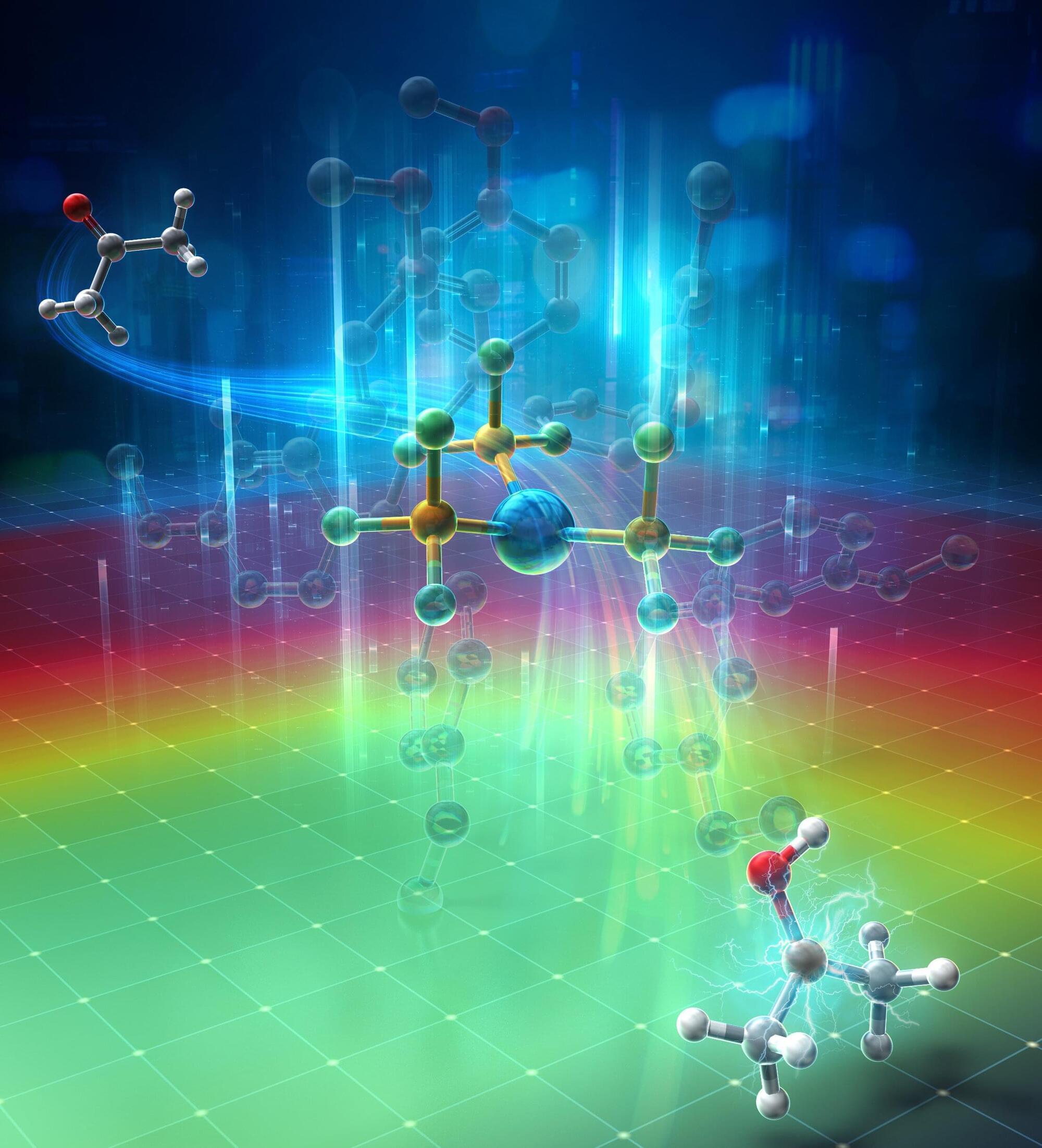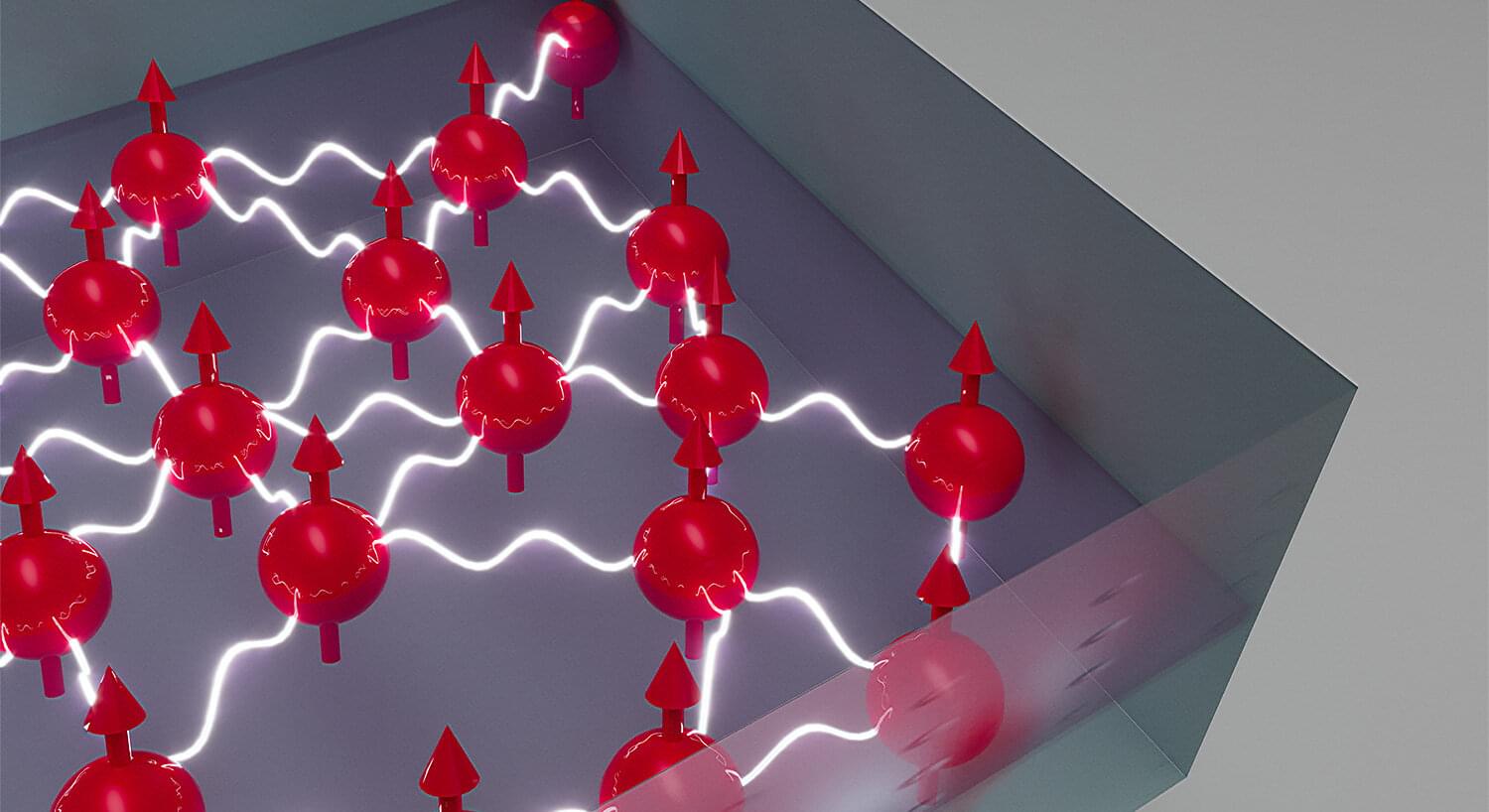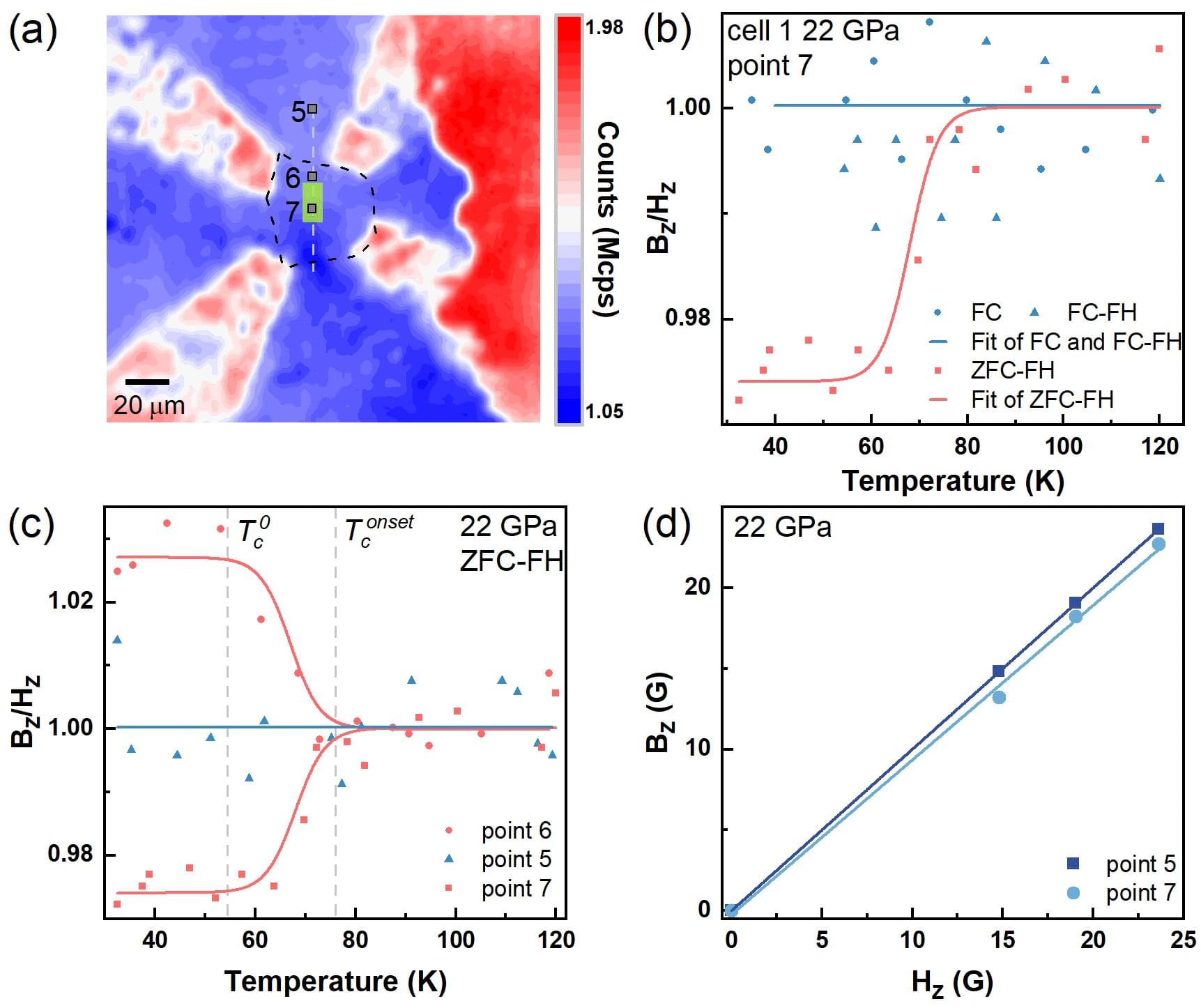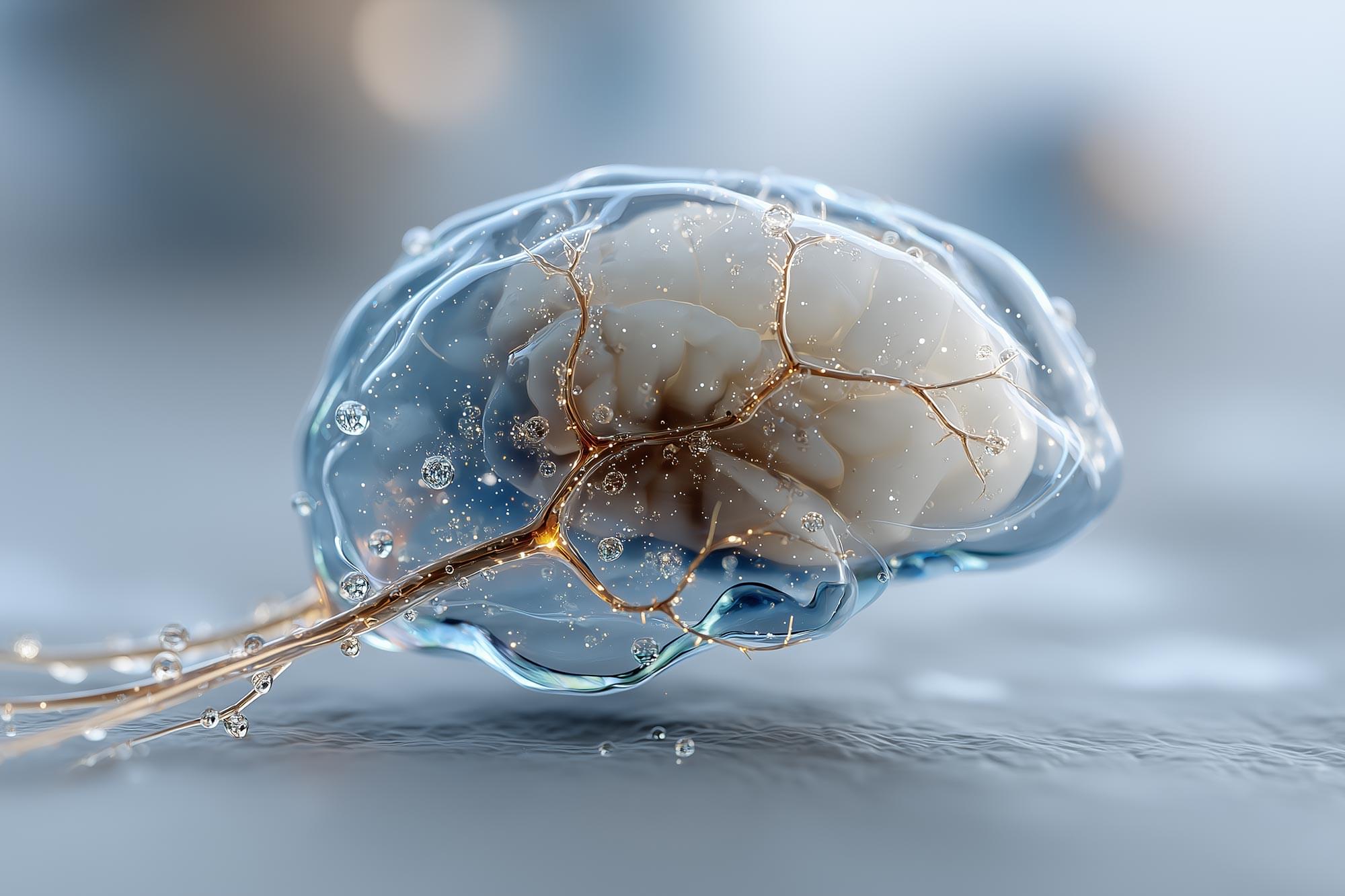Chimpanzees may have more in common with human thinkers than previously thought. A new study published in Science by an international team of researchers provides evidence that chimpanzees can rationally revise their beliefs when presented with new information.
The study, titled “Chimpanzees rationally revise their beliefs,” was conducted by a large research team that included UC Berkeley Psychology Postdoctoral Researcher Emily Sanford, UC Berkeley Psychology Professor Jan Engelmann and Utrecht University Psychology Professor Hanna Schleihauf. Their findings showed that chimpanzees—like humans—can change their minds based on the strength of available evidence, a key feature of rational thought.
Working at the Ngamba Island Chimpanzee Sanctuary in Uganda, the researchers presented chimps with two boxes, one containing food. Initially, the animals received a clue suggesting which box held the reward. Later, they were given stronger evidence pointing to the other box. The chimps frequently switched their choices in response to the new clues.








